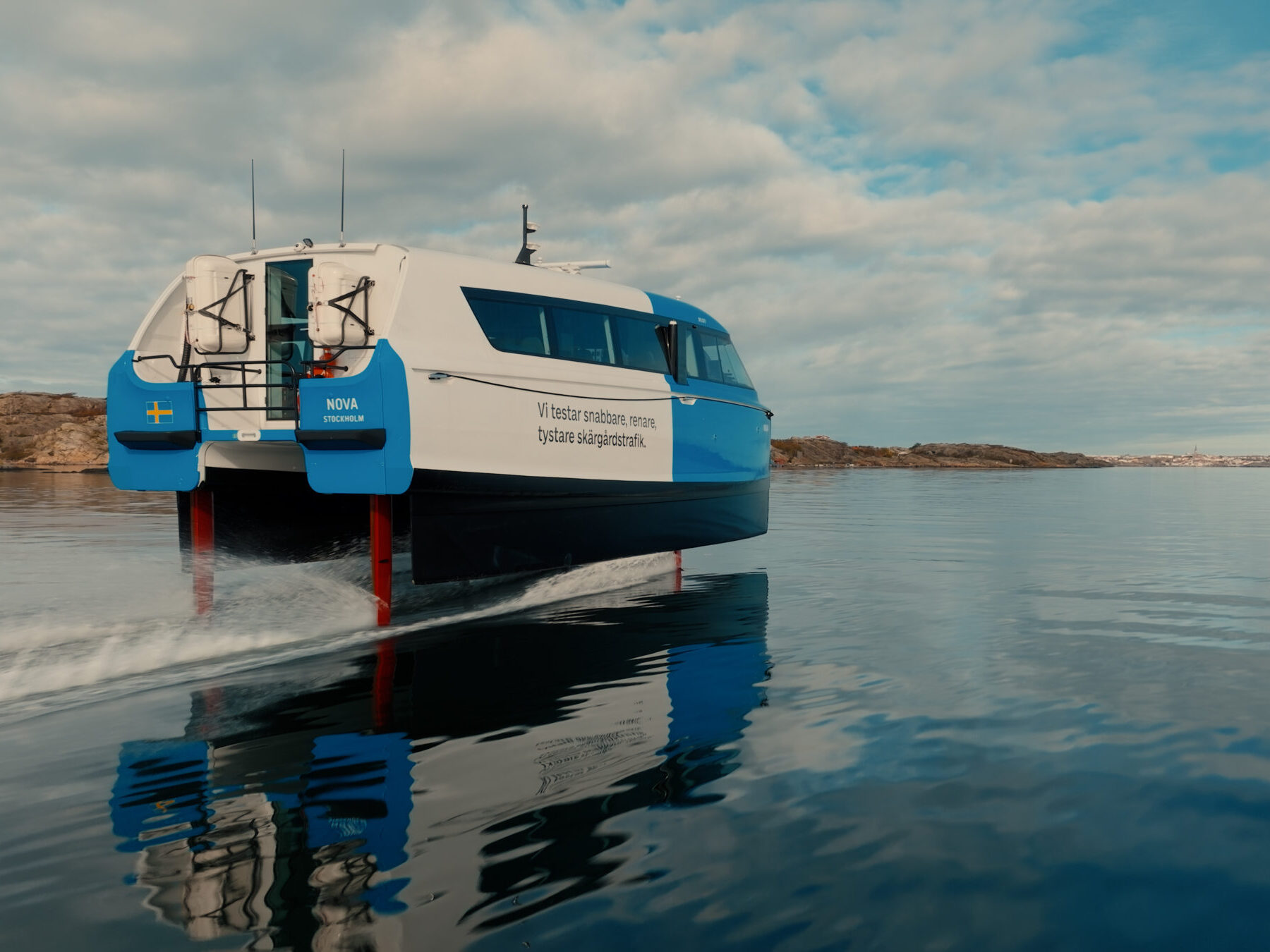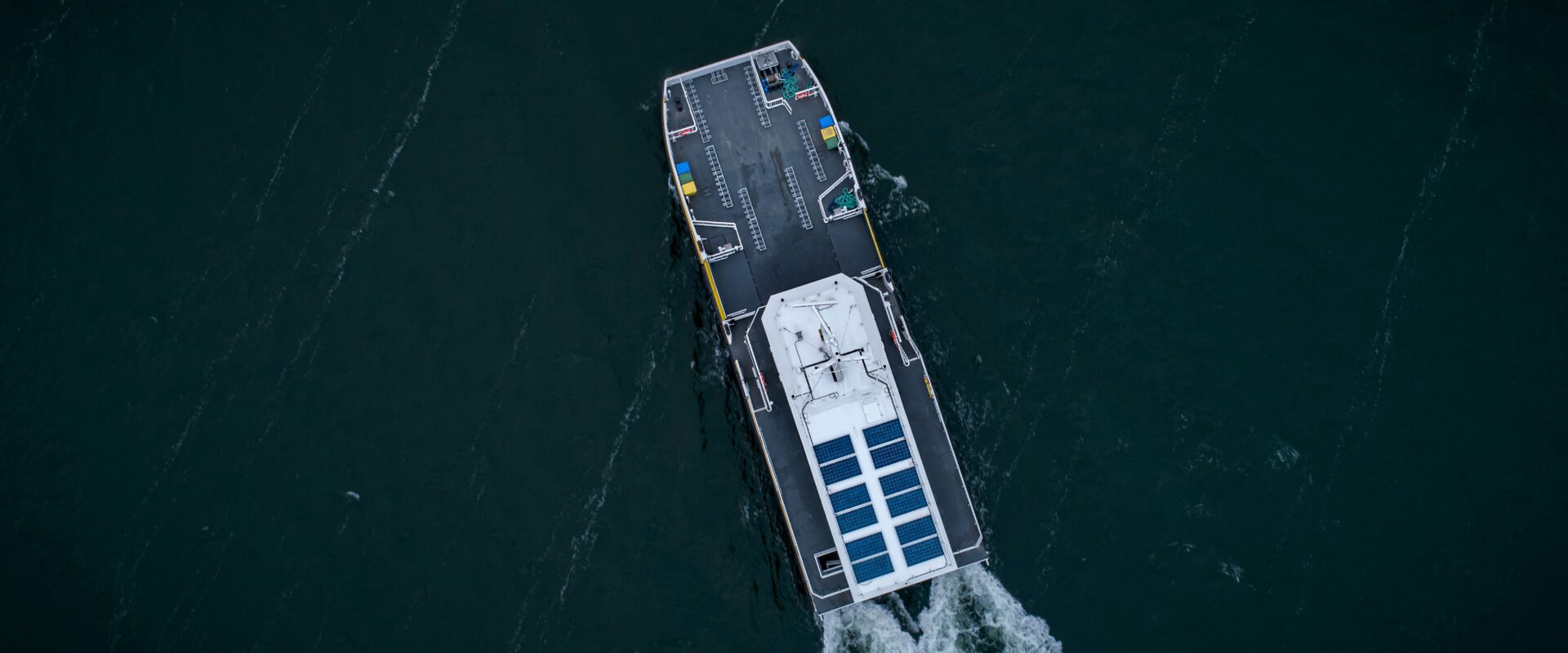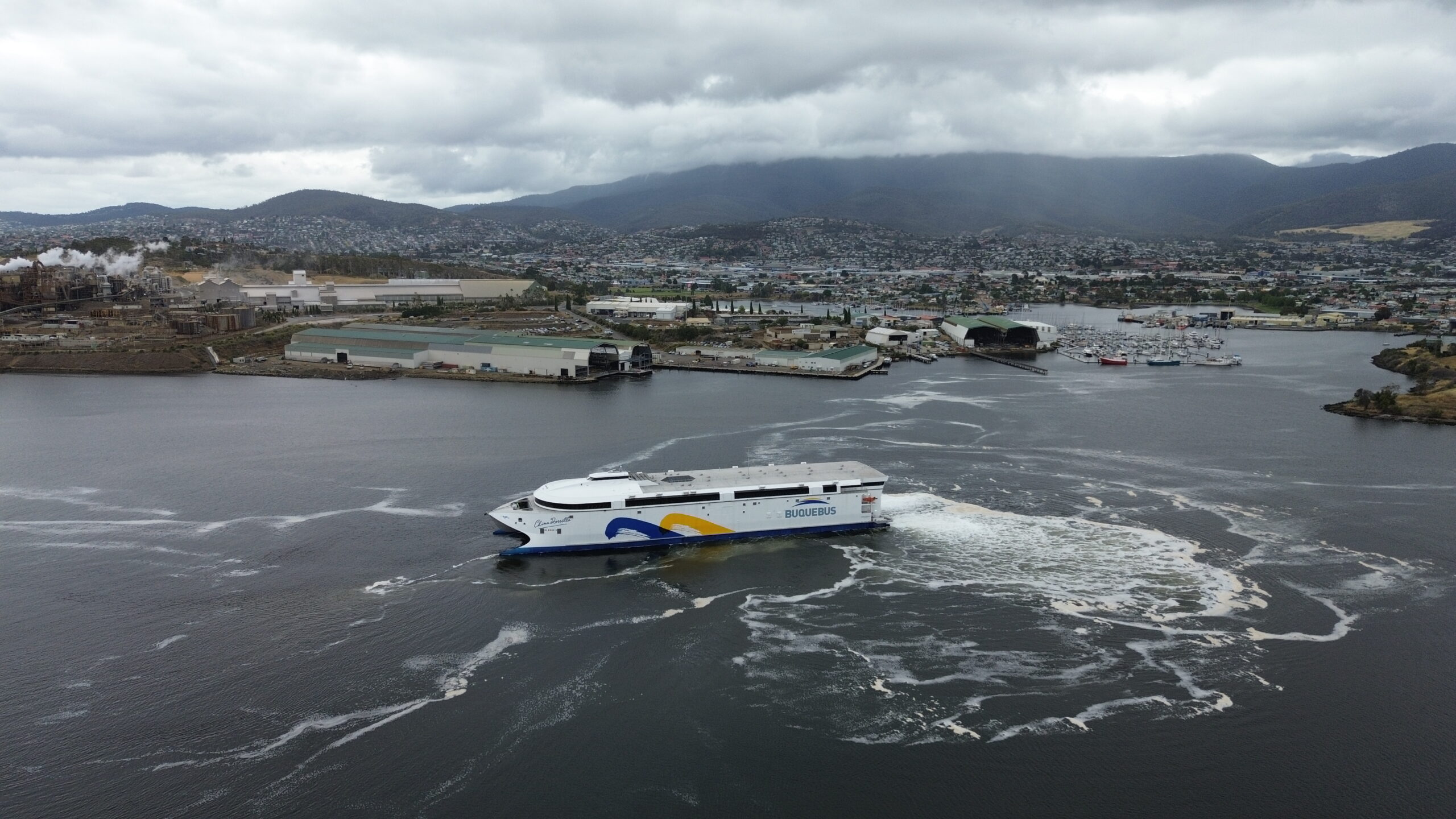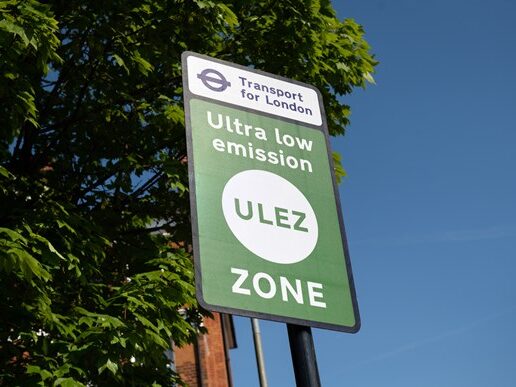Maritime Minister, Mike Kane, has revealed a new set of sustainability goals for all vessels operating in UK waters, as well as those docking at UK ports.
The new Maritime decarbonisation strategy aims to reduce greenhouse gas emissions by 30% by 2030, 80% by 2040 and, eventually, reach complete net-zero by 2050.
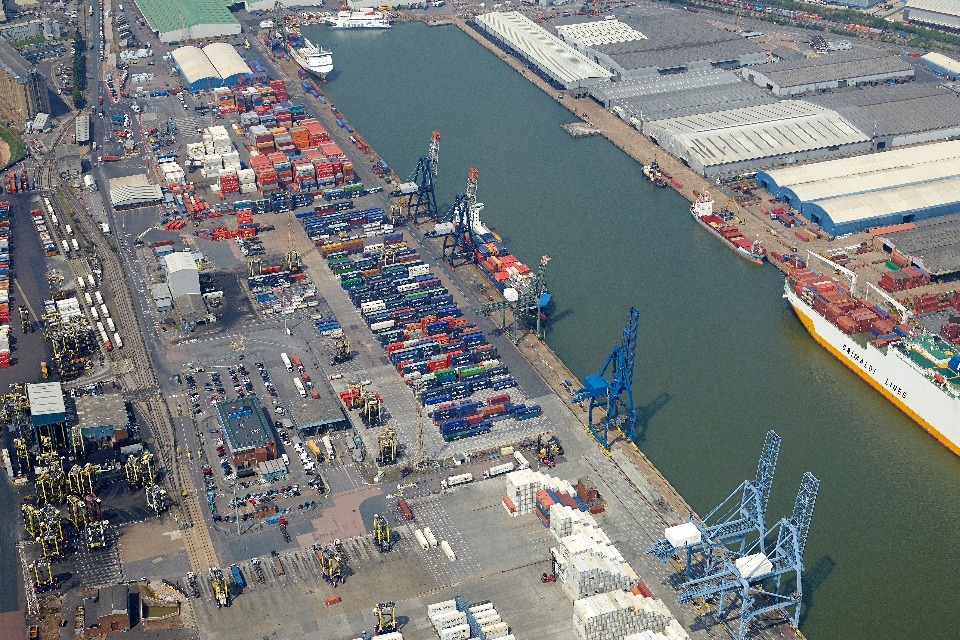
As part of the new strategy, which will see the shipping sector brought under the UK Emissions Trading Scheme (UK ETS), operators of larger vessels will now be subject to larger costs due to their larger greenhouse gas emissions.
The strategy also outlines plans to reduce emissions from shipping as well as increase the overall use of clean fuels and technologies within the sector, including the use of hydrogen, electric or ammonia vessels.
Part of the government’s Plan for Change, the continued investment in green technologies is hoped to further solidify the UK’s position as a international clean energy leader.
Maritime Minister, Mike Kane, said:Climate change is one of the greatest challenges we face today. Working together with industry and international partners, we are driving down emissions in every corner of the economy.
As part of our Plan for Change, we’re committed to making the UK a green energy superpower and our maritime decarbonisation strategy will help us build a cleaner, more resilient maritime nation.
The government has also launched 2 calls for evidence to gather information pertaining to the necessary requirements for emission reduction at berth, understanding the future energy demand at ports and the decarbonisation of smaller vessels.
Chris Shirling-Rooke, Chief Executive of Maritime UK, said:Decarbonisation is both an enormous challenge and opportunity for the maritime sector, with huge potential for growth, jobs and innovation in our coastal communities, and across the whole of the United Kingdom.
It is vital that our country continues to drive change and chase growth by creating a cleaner and more sustainable future. We welcome the government’s commitment today and look forward to continuing to work with them on the maritime decarbonisation strategy.



